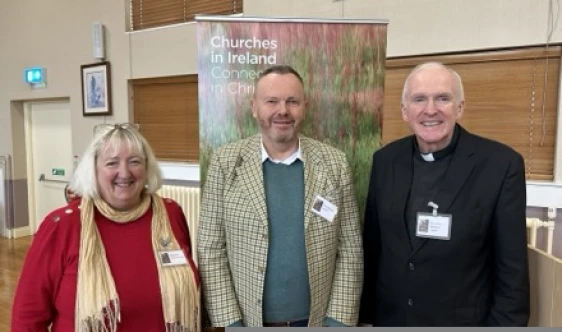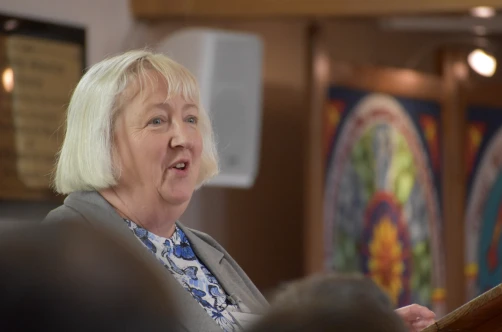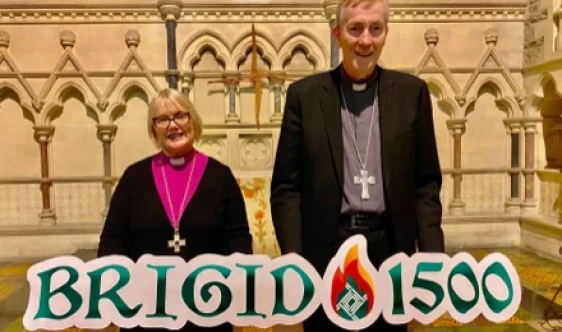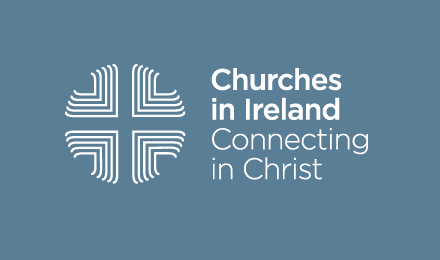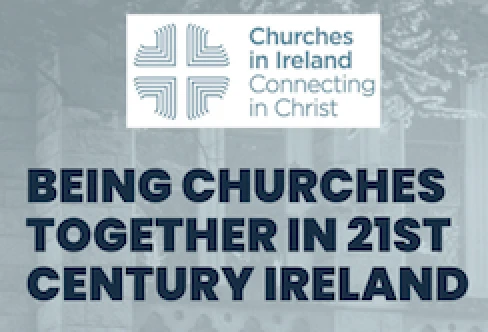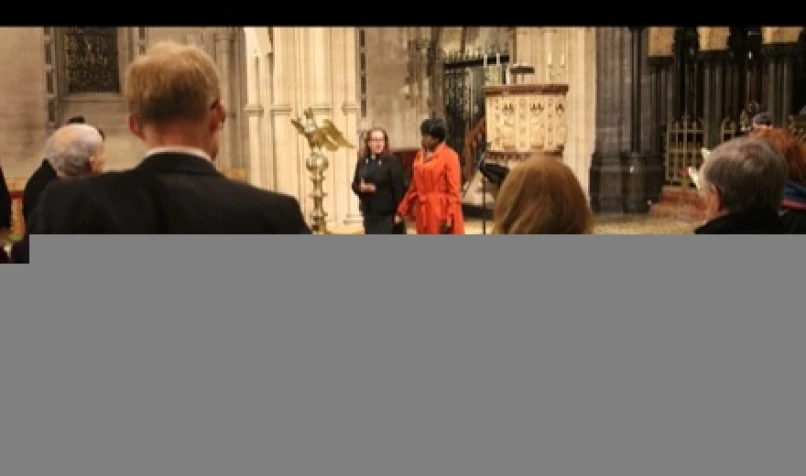
It should be in the DNA of every church community to be a place of sanctuary. These are the words of the Revd Dr Inderjit Bhogal, founder of the Churches of Sanctuary movement who has challenged every church in Ireland to become a church or cathedral of sanctuary. He was speaking at a Churches of Sanctuary webinar organised by the Irish Council of Churches and the Irish Inter-Church Meeting. (A recording of the webinar can be seen here: https://youtu.be/P0XvVhcsx5A ).
The Revd Abigail Sines, Dean’s Vicar at Christ Church Cathedral Dublin, Ireland’s first Cathedral of Sanctuary , and Ellie Kisyombe, founder of social enterprise Our Table were also contributors to the webinar which was facilitated by Damian Jackson, Programme Officer with the Irish Council of Churches and Irish Inter-Church Meeting.
The webinar aimed to assist church communities in exploring how they can welcome and support refugees, asylum seekers and all newcomers from other countries fleeing violence and persecution. Sanctuary is a long-standing prophetic theme of the Hebrew and Christian Scriptures, Damian Jackson explained, adding that the idea of a Church of Sanctuary has evolved from the City of Sanctuary movement — building cultures of welcome, hospitality and safety.
Inderjit reminded those gathered online that hospitality and sanctuary were at the heart of Celtic spirituality and that visitors to Glendalough could see and touch the sanctuary cross. “We are not talking about a novel, unimagined idea, but one that has a long history in Ireland, Wales, Scotland, and England. I am encouraging churches to go back in history to discover the future,” he explained, adding that we need sanctuary churches for all vulnerable people.
“In the current coronavirus context, Church of Sanctuary is a commitment to ensure congregations go out of their way to ensure asylum seekers, refugees, and other isolated and vulnerable people are kept socially connected and have access to support and protection. When we come past coronavirus we must ensure that this work continues. Make sure no one is isolated. Build virtual sanctuaries within your virtual congregations for this,” he stated.
He outlined three steps to becoming a Church of Sanctuary which should involve the whole congregation:
- First they should learn about what it means to be seeking sanctuary and be involved in raising awareness
- Second, they should take positive action to make welcome and inclusion part of the values of the congregation to support those seeking sanctuary and refuge
- Third, the congregation should share with pride their vision and achievements and let others know about the positive contribution refugees make to society and the benefits of a welcoming culture for everyone
He also urged all churches to observe Sanctuary Sunday, which takes place every year at the end of World Refugee Week. Next year’s Sanctuary Sunday falls on June 20 2021.
The Revd Abigail Sines outlined the journey Christ Church took to becoming a Cathedral of Sanctuary. She said they had been wrestling with the issue of Direct Provision and the experiences of people living in the system. “We looked at how we could extend the cathedral’s hospitality and welcome to those who would not normally be here,” she explained.
Being hospitable did not simply mean extending hospitality to others, she suggested. “If we think of our faith: God coming and being present, Jesus receiving hospitality. So we are not looking at ourselves as people in positions of power but being part of mutual relationships. It is not charity going in one direction,” she said.
Abigail introduced Ellie Kisyombe who established an Our Table and ran a pop-up stall at Christ Church Cathedral. Ellie spoke of the importance of the cathedral’s decision to invite her in. “We people coming to seek sanctuary, we don’t need sympathy. We need empathy. We need to be valued. If you speak out while you’re living in Direct Provision you tend to become an enemy of the system,” she explained.
The Our Table pop up café opened at the cathedral in February 2018 and Ellie said that the move has resulted in a strong bond between her and Christ Church. “There is something that I found in the cathedral and being able to work with people like Abigail and the Dean. I found empathy and that frees my spirit. The hardest part of being a refugee – they have so much baggage. They are already judged when they go. I never have that problem [in the cathedral],” she commented.
Ellie encouraged people to look for ways to support refugees in their own communities. Abigail added that there are ‘other Ellies’ out there to be discovered. “Is there a step your church can take?” she asked, suggesting that they explore observing Sanctuary Sunday or marking World Refugee Week next year. “Every church has different opportunities. You have resources – if you have a hall with a kitchen, an interesting building, a group of parishioners with time on their hands who like to talk to people. God will connect us with opportunities when we are willing to engage with them,” she concluded.
All three contributors emphasised the importance of being a place of sanctuary for all, not just Christians, and said that sanctuary was not an evangelistic tool. Churches of Sanctuary is just one part of the Sanctuary movement which includes cities, schools, universities and theatres declaring that they are open to all people without exclusion.
Churches and parishes interested in becoming part of the sanctuary movement are encouraged to take the following steps.
- Share stories, get inspiration from others, learn about opportunities and amplify a message of care and inclusion
- Register their interest and find out what is involved by emailing abigail@christchurch.ie
- Begin a discussion with decision makers in your parish, adopt a statement of commitment (a template is available)
- Engage in awareness raising activities among congregations
- Document what you are already doing, set and document goals. This is an important part of certification as a Church of Sanctuary
This article, written by Lynn Glanville, Diocesan Communications Officer of the united dioceses of Dublin & Glendalough of the Church of Ireland, appeared in the December edition of Church Review, the diocesan magazine.
